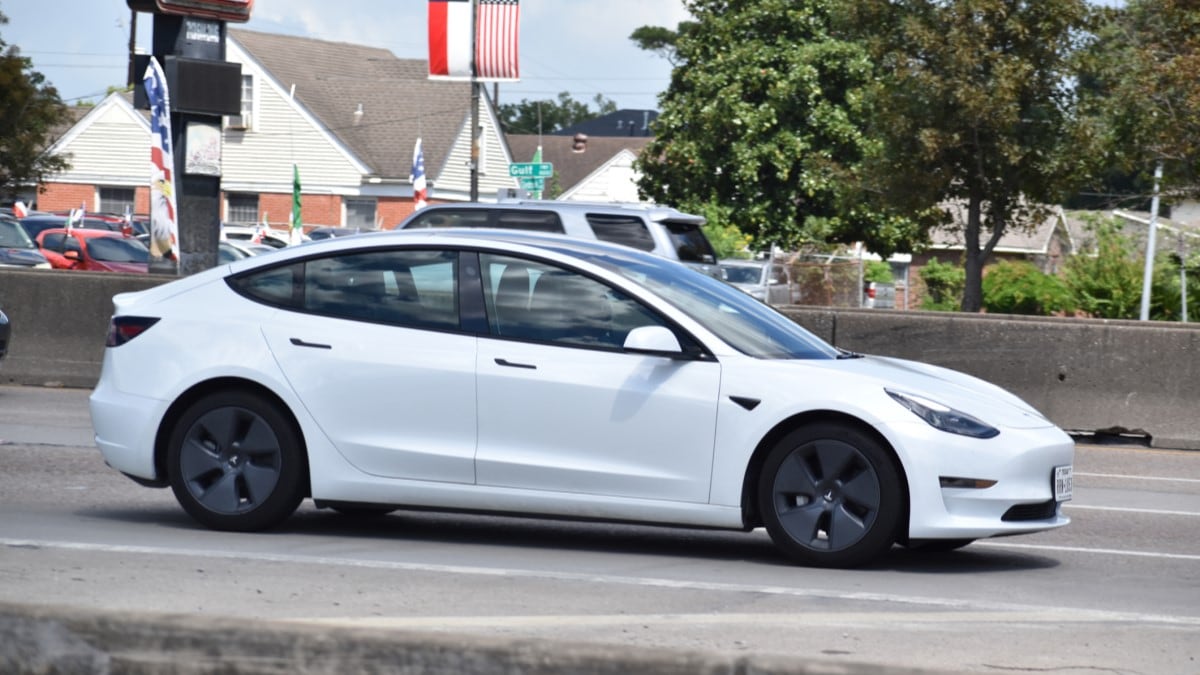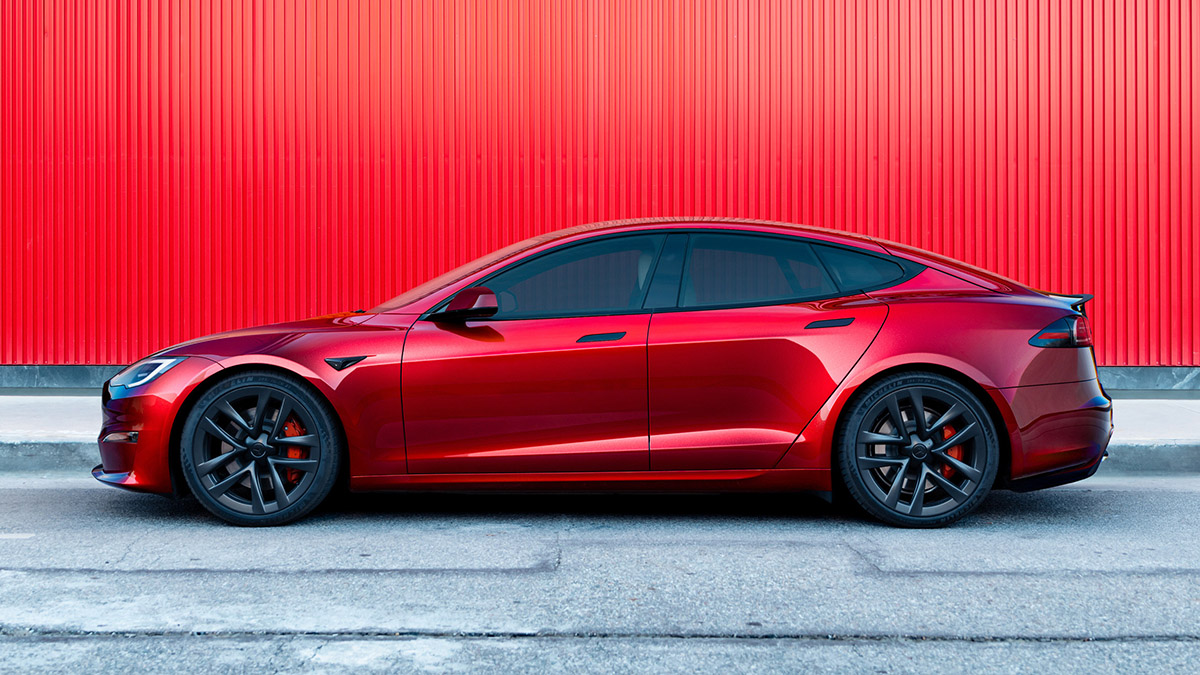Electric vehicles (EVs) are now a political issue. Republican political candidates often push against electrification, while the Biden White House has used legislation and rulemaking to encourage Americans to buy more EVs.
America’s automakers want to go electric. Some have even set public dates they hope to be out of the internal combustion business. But they’ll never get there if about half of the country sees an EV as a political statement.
Related: America’s Divide on EVs Grows
Longtime Republican strategist Mike Murphy sees that as a problem.
“I want North American automakers to succeed wildly with EVs rather than be forced to abandon the future of mobility to Communist China,” he writes in a guest commentary at InsideEVs.
Republican Group Launched to Encourage EV Transition
Murphy is one of the founders of the EV Politics Project.
The group explains its mission this way:
“As experienced political operatives with decades of experience in Republican political work at both the national and local level, we are focused on researching the causes of the Red State EV Curtain problem and developing highly effective communications strategies to overcome it and end the partisan EV divide.”
With help from GOP pollster David Hill, the group surveyed 600 U.S. voters with household incomes of $50,000 or more to understand their attitudes toward electric cars.
Poll: EV Opinions Becoming Tribal
The EV Politics Project poll found that those who tend to vote for Republicans and those who tend to vote for Democrats see most domestic automakers the same way but are sharply divided on electric car brands.
Related: EV Numbers Rising In Some Conservative Places
The split seems to be tribal. Pollsters asked whether voters agreed or disagreed with the statement, “‘EVs are for people who see the world differently than I do.’ On that statement, Republicans agree, and Democrats vehemently disagree,” Murphy writes.
The difference softens when Republican voters say they have a friend who drives an EV. “There is no question that word of mouth can help break down barriers to EVs,” Murphy concludes.
Another major driver of disagreement, he says, is “vastly different opinions about climate change and the environment.”
Group: Emphasize Fun, Freedom From Gas Prices
Asked to list the “best reasons for owning an EV,” both groups cited “never paying for gas.” But only 33% of Republican voters cited that the cars were “good for the environment,” compared to 60% of Democratic voters.
That is something automakers should listen to, according to Murphy.
“Today, EVs are often branded through a heavy green lens. That approach has hit a hard ceiling,” he writes. “One of the dumbest things marketers can do is spend their money telling people things they already know. Our data is quite clear: if you are worried about climate change and chose your car purchase at least partially to take personal action to combat it, you already know all about EVs.”
Instead, automakers should emphasize the experience of EV ownership, not the social benefits, he argues. “Focus on the vehicle: Fast, fun, no gas. Less regular maintenance needs. All of these attributes are big winners with Republican consumers.”
Group Also Plans a Jobs Message
The EV Politics Project also plans to focus on a jobs message. The EV transition has already caused automakers to move factories to the U.S. and spurred new economic competition with China.
“We plan to go on the offense about the huge EV-related investment in American manufacturing jobs, something that so far disproportionately benefits red states, and the ‘swing states’ that will ultimately decide the 2024 election,” Murphy writes.








